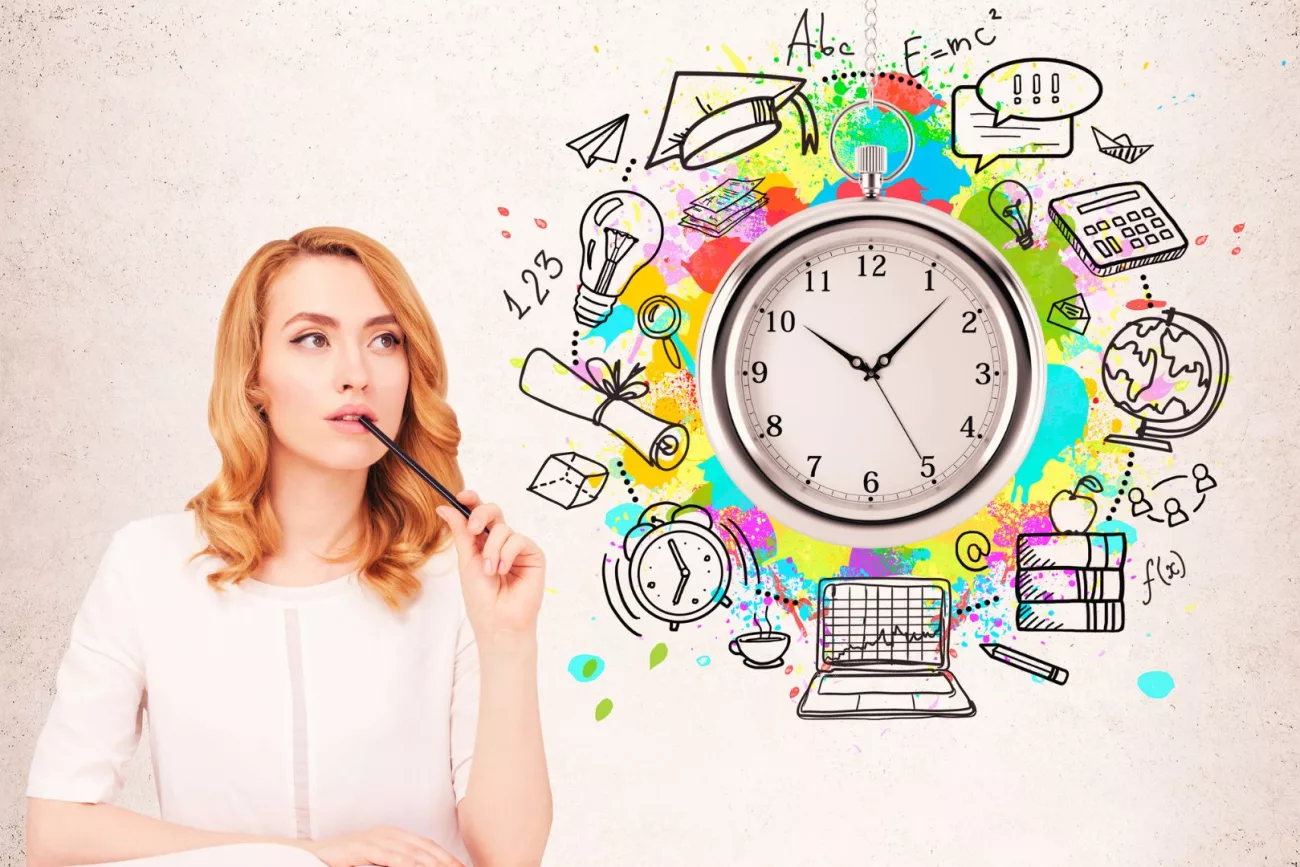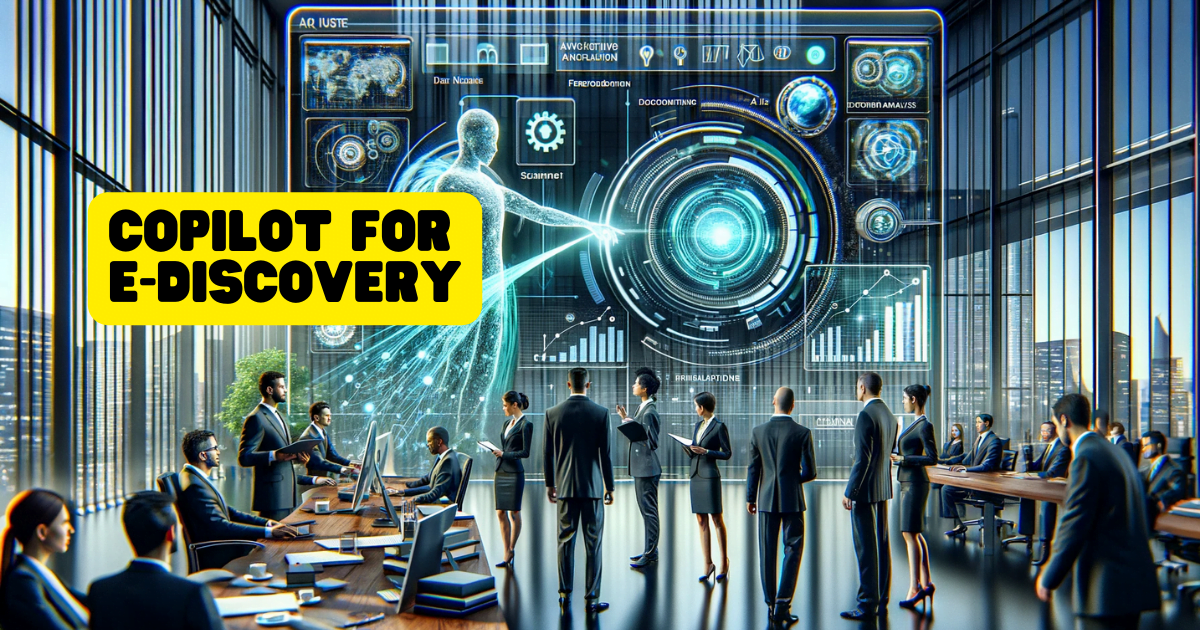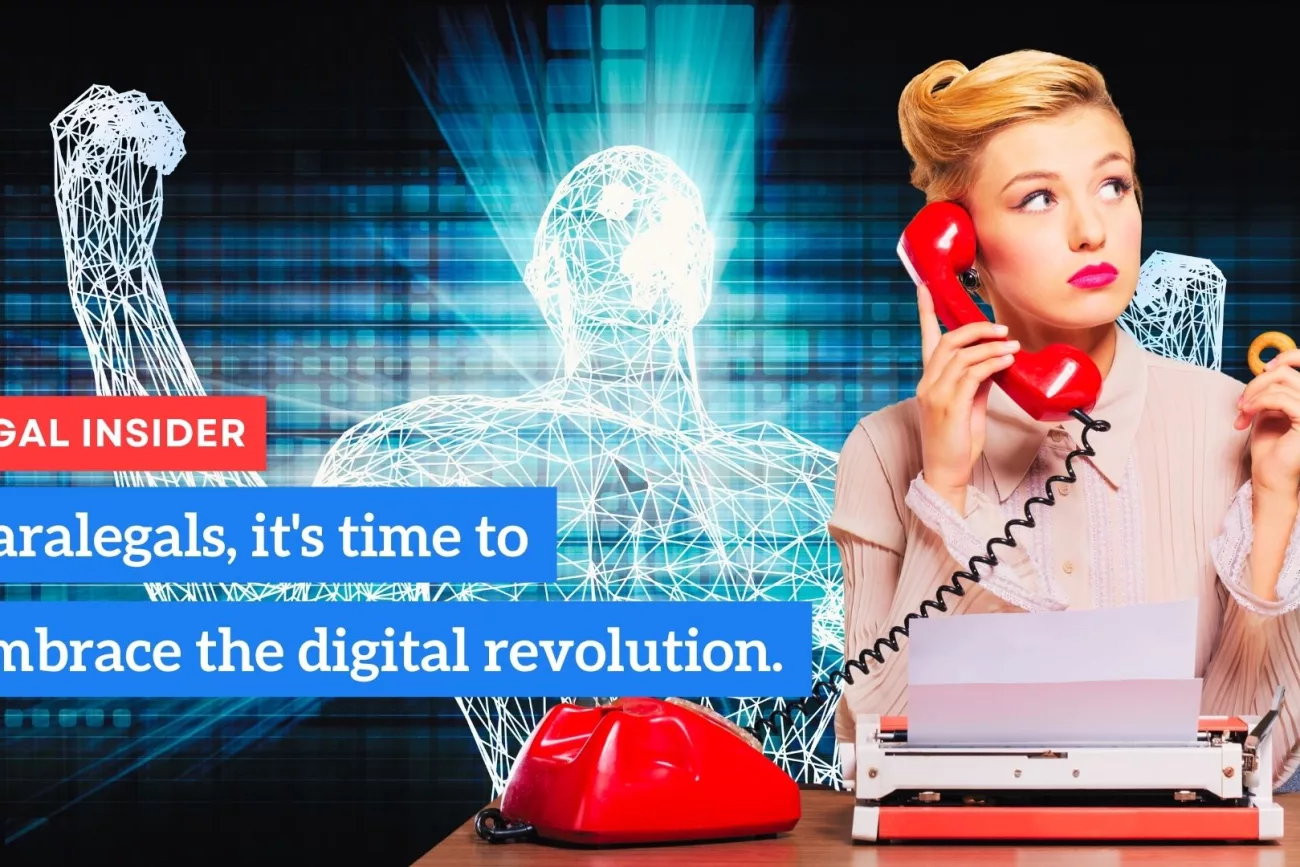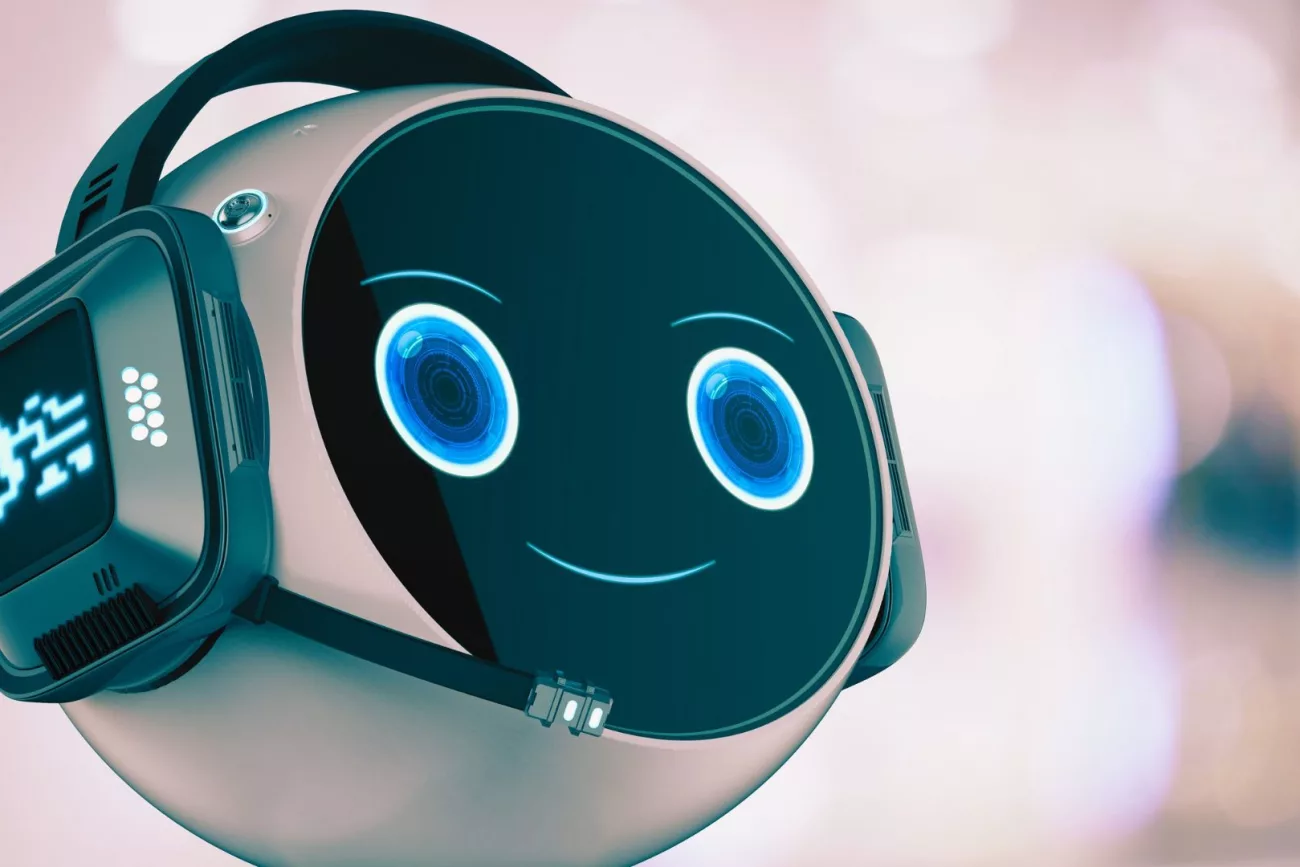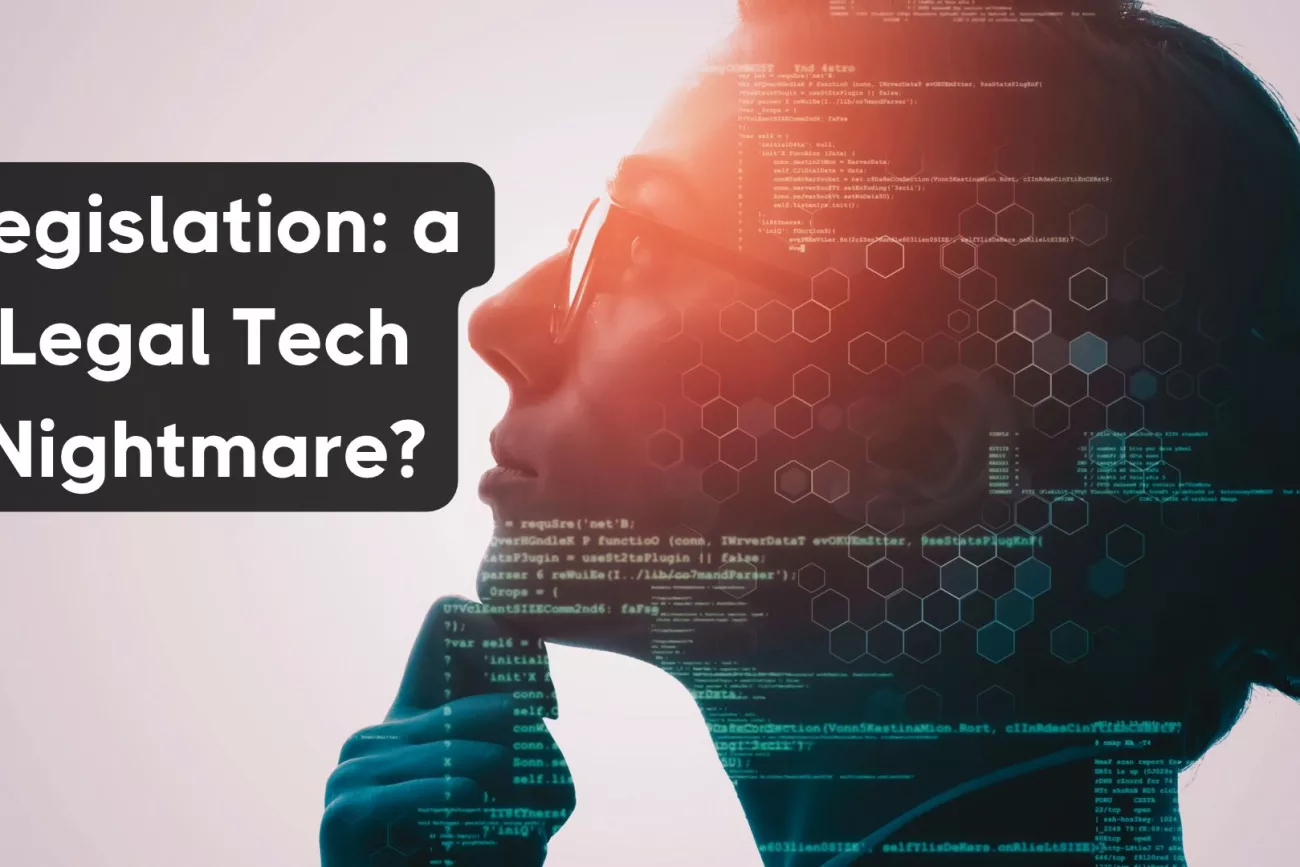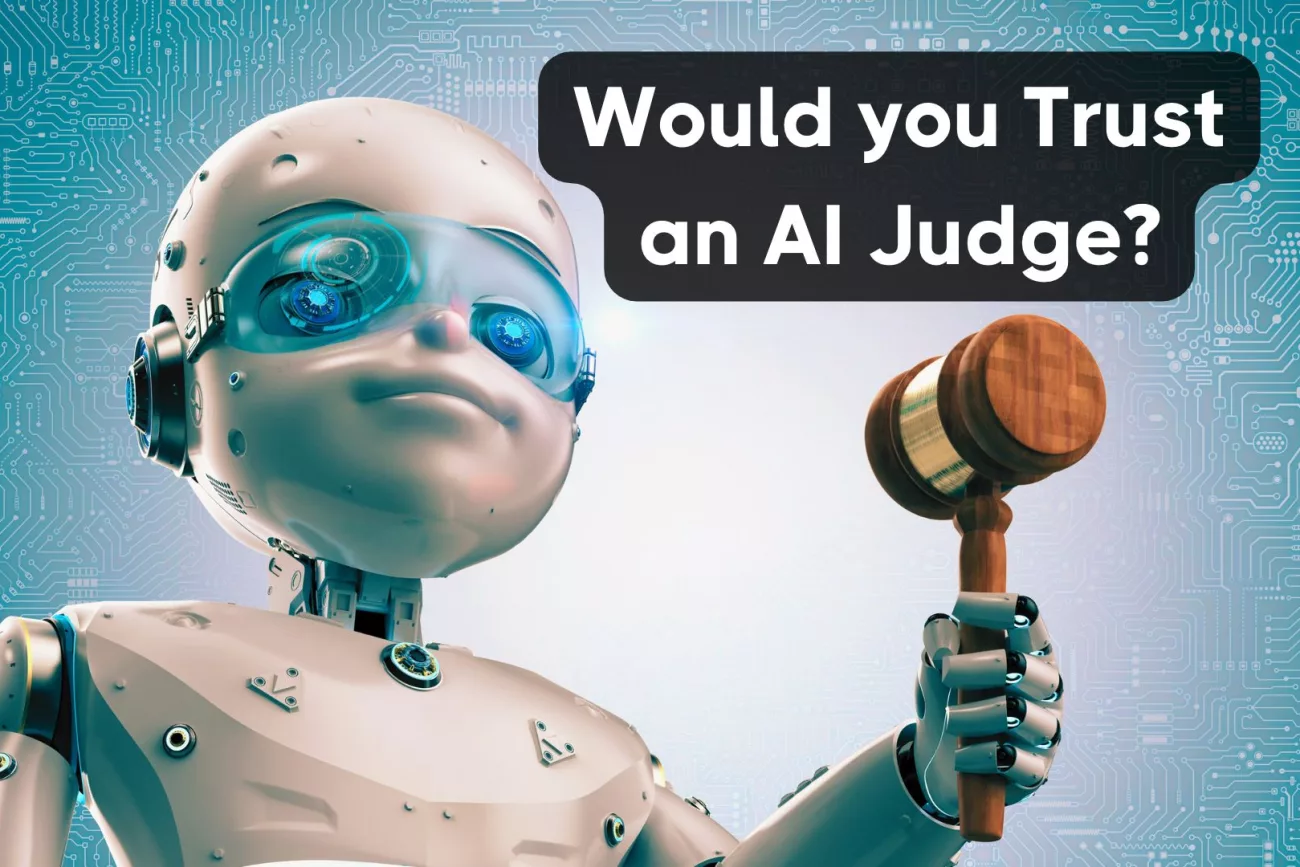
Key Points:
- The article explores the controversial intersection of AI and law, discussing the efficiency of AI in legal tasks but questioning the loss of human nuance.
- It delves into future projections of a legal system potentially run entirely by AI, raising questions about the role of human judges.
- The piece highlights ethical concerns, citing cases of AI bias, and asks if AI can be truly unbiased and just.
- It concludes with a call to action, encouraging readers to join the #AIJudgeDebate and voice their opinions on this contentious issue.
AI and Legal Interpretation – A Collision Course? 👨⚖️💻
Welcome to the dawn of a new era where artificial intelligence (AI) is no longer a figment of science fiction, but a reality that’s reshaping various sectors, including the legal profession. As AI continues to permeate our lives, it’s time to ponder the implications of this technological revolution. Are we on the brink of a legal paradigm shift, or are we losing the essence of human judgment in the process? Let’s dive into this contentious debate. #AILawDebate 🚀
AI in the Courtroom: Efficiency or a Loss of Human Judgment? 🧐🤖
AI has already made its way into courtrooms, revolutionizing the way legal tasks are handled. According to a study by Harvard Law School, AI has significantly increased efficiency in legal operations. But is this efficiency coming at a cost? Are we trading the human touch and nuanced interpretation of law for speed and convenience?
Consider this: AI tools, such as ChatGPT, have been developed to assist with legal research and even the generation of legal writing. This raises a controversial question: Are machines outperforming humans in areas where we thought we had clear superiority?
As we embrace the benefits of AI, we must also grapple with these ethical and philosophical questions. Is efficiency more important than human judgment in law? We invite you to share your thoughts on this critical issue. #AILawDebate 🤔🔥
Please note that while I strive to provide accurate and engaging content, I am an AI language model and my responses are generated based on patterns and information available up to my last training data in September 2021. For the most current and comprehensive understanding, please refer to the latest resources and experts in the field.
Future Projections: A Courtroom Run Entirely by AI? 👀⌛
The AI Takeover: A Legal Revolution or a Step Too Far? 🤔🚀
Artificial Intelligence (AI) has been making waves across various sectors, and the legal field is no exception. According to a Brookings report, AI is poised to fundamentally reshape the practice of law. From automating mundane tasks to predicting legal outcomes, AI is steadily gaining ground in the courtroom. But is this a revolution or a step too far?
The rise of AI in the legal sector is a double-edged sword. On one hand, it promises unprecedented efficiency and accuracy. AI can process vast amounts of information in a fraction of the time it would take a human. It can analyze patterns and trends in past cases to predict legal outcomes with remarkable accuracy. This could potentially save time and resources, making the legal process more efficient.
On the other hand, the increasing reliance on AI in the courtroom raises serious ethical and practical concerns. The law is not just about facts and rules; it’s about people, emotions, and societal values. Can an AI truly understand the nuances of human behavior and the complexities of societal norms?
The Dawn of AI Judges? 🤖⚖️
Imagine walking into a courtroom where the judge is not a human, but an AI. A system that analyzes facts, applies the law, and delivers a verdict, all without human intervention. This could be the future of our legal system. But at what cost? While AI can process information faster and more accurately than humans, it lacks the human touch – the ability to understand emotions, to empathize, and to consider the societal context.
The prospect of AI judges raises a host of questions. Can an AI truly understand the complexities of human behavior and the societal context? Can it make fair and just decisions? And perhaps most importantly, can we trust an AI with our legal fate?
Would You Trust an AI Judge? 🗣️👥
So, would you trust an AI judge with your legal fate? Is efficiency more important than empathy in a courtroom? Share your thoughts on LinkedIn using the hashtag #AIJudgeDebate. Let’s start a conversation about the future of law and the role of AI in it.
The Ethical Dilemma: Can AI Uphold Justice? 🤷♂️👩⚖️
AI and Ethics: A Match Made in Court? 🧐🔍
The ethical implications of AI in law are a hot topic of debate. One of the main concerns is the potential for bias and discrimination. For instance, the London Metropolitan Police’s use of facial recognition was found to be largely inaccurate, raising questions about the fairness of AI in law enforcement.
This is just one example of how AI can go wrong. There are countless other cases where AI has been found to be biased or discriminatory. This raises serious questions about the role of AI in the legal system. Can we trust AI to make fair and just decisions? Or are we risking a future where justice is determined by flawed algorithms?
Is AI Justice, Just? ⚖️🤔
But the question remains: Can AIbe truly unbiased and just? A NIST report highlights that there’s more to AI bias than just biased data. These inherent biases in AI systems could have serious consequences in a legal context, potentially leading to unfair outcomes.
The report suggests that even with perfectly unbiased data, AI systems can still develop biases. This is due to the complex nature of AI algorithms, which can create biases in unexpected ways. This is a sobering thought, especially when considering the potential consequences in a legal context. If an AI judge is biased, it could lead to unfair verdicts and a miscarriage of justice.
Can We Trust AI to Be Fair? 🗣️👥
So, what do you think? Can we trust AI to be fair and just? Or are we risking a future where justice is determined by flawed algorithms? Share your thoughts and experiences on LinkedIn using the hashtag #AIJusticeDebate. Let’s keep this important conversation going. Let’s challenge the status quo and push for a future where justice is not just about efficiency, but also about fairness and empathy.
Is AI the Future of Law or a Dangerous Misstep? 🎯💡
As we navigate the digital labyrinth of the 21st century, we find ourselves at a crossroads. The rise of AI in the legal sphere, as highlighted by Brookings, has been nothing short of revolutionary. But is this the future we want? Or are we blindly walking into a legal dystopia?
AI’s efficiency in legal tasks is undeniable. It has the potential to streamline processes, reduce costs, and increase accessibility. But at what cost? The loss of human judgment, the potential for bias, and the ethical implications cannot be ignored. As Clio points out, issues of bias, fairness, accuracy, and legal responsibility are all on the table.
We must ask ourselves, are we ready to surrender our fate to machines? Are we comfortable with the idea of a courtroom devoid of human judges, as suggested by Neil Sahota? This is not just a question for the legal profession, but for society as a whole.
📣 Let’s start the conversation. Share your thoughts, concerns, and predictions. Use the hashtag #AIJudgeDebate and let your voice be heard.
Your Turn to Judge ⚖️🗣️
The debate on AI’s role in law is far from over. It’s a complex issue with no easy answers. But one thing is clear: the future of law is changing, and we need to be part of that change.
We’ve explored the potential benefits and pitfalls of AI in law. We’ve delved into the ethical quagmire and questioned the potential for a legal system run entirely by AI. But now, it’s your turn to judge.
Do you believe in a future where AI plays a significant role in our legal system? Or do you fear the loss of human judgment and the potential for bias?
📣 Share this article on LinkedIn, tag your colleagues and friends, and join the #AIJudgeDebate. Let’s shape the future of law together.



